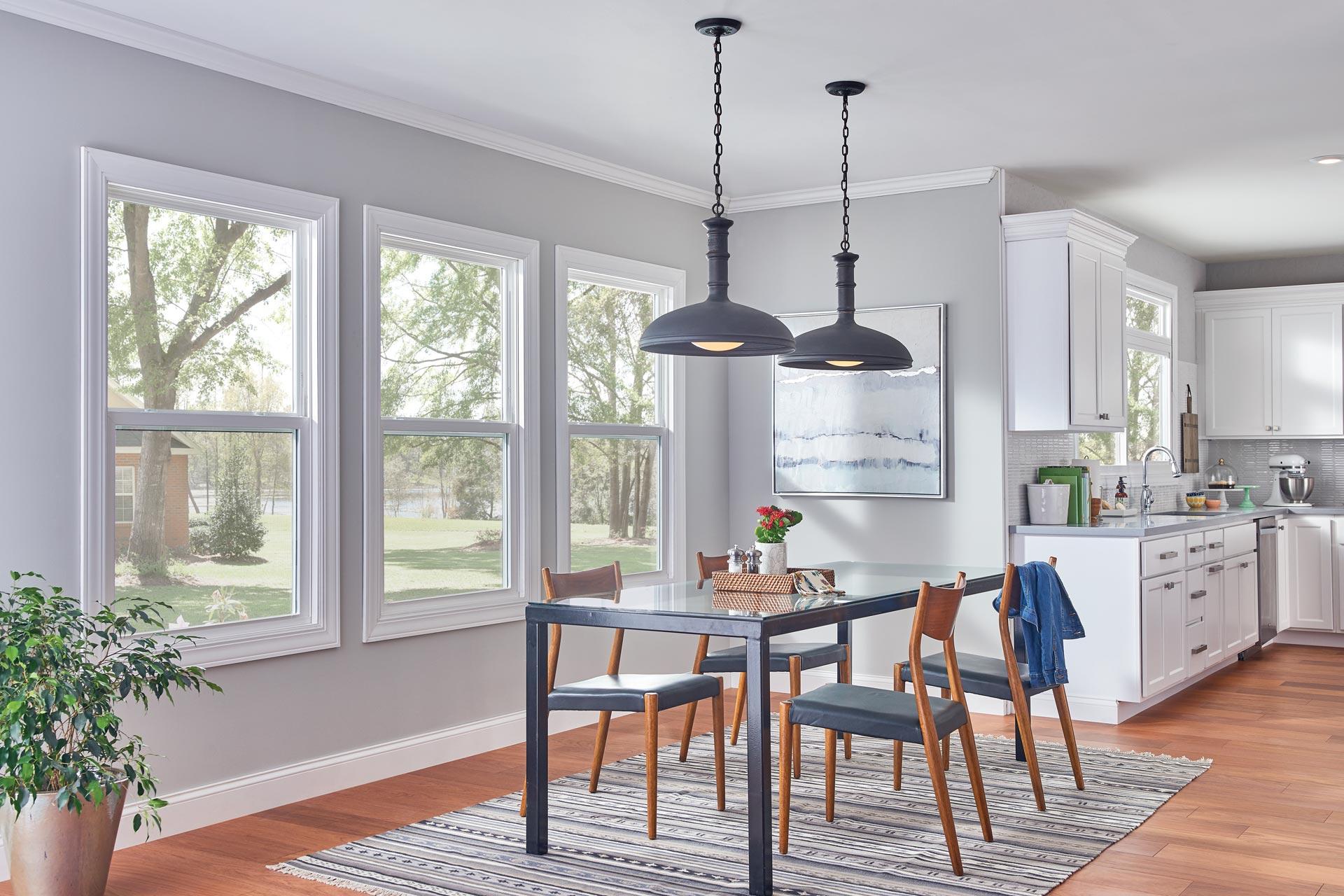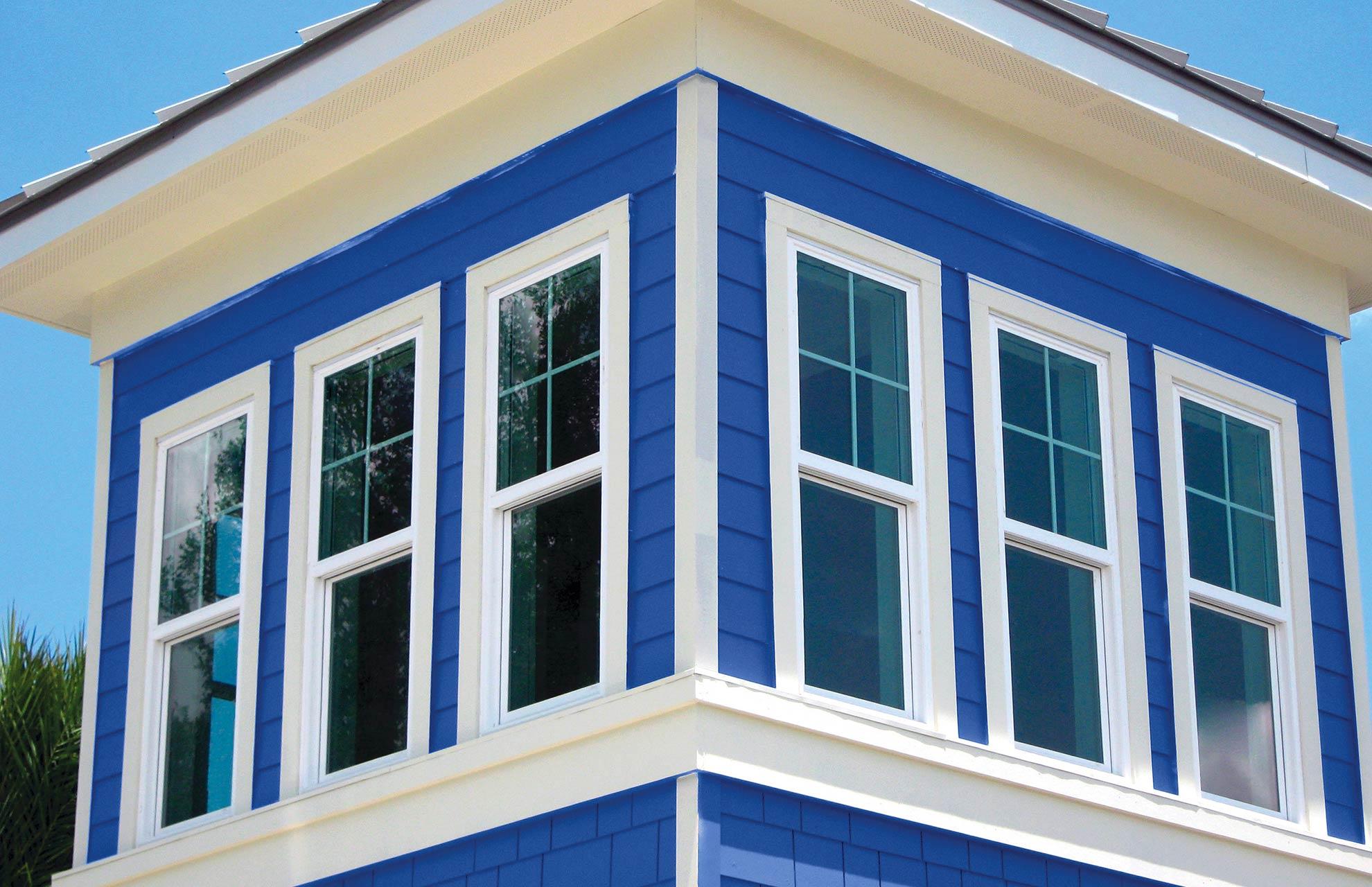How To Prepare Your Home for Hurricane Season
Ready to get Your New Impact Products?
Window World offers free in-home consultations! Click below to schedule today!
Get started!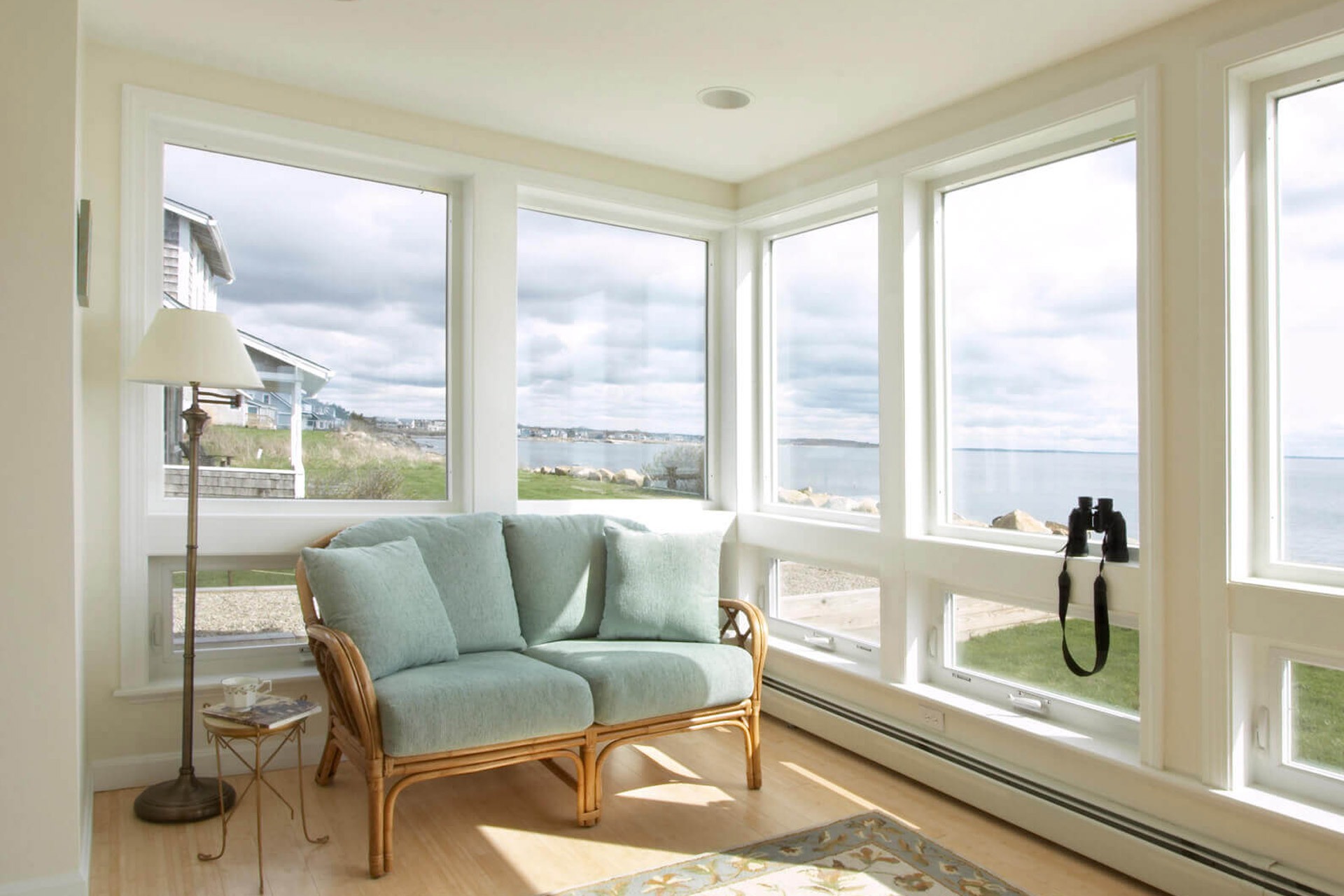
Be ready for the big blow.
If hurricane season seems to last longer year by year, that’s because it does. Hurricane season officially begins on May 15 in the North Pacific and June 1 in the Atlantic and the Caribbean. It ends on November 30, but it’s become more common to experience hurricanes outside the traditional timeline.
The National Oceanic and Atmospheric Administration (NOAA) has tracking tools that can define approximately where a storm will be at a given point in time.
The experts at NOAA say that determining the likelihood that a hurricane will strike your home is the first step in preparedness. However, don’t assume that you’re safe from a hurricane’s effects if you live inland. Their impacts can be felt hundreds of miles inland, often bringing heavy flooding, winds, and tornadoes.
It’s essential to prep your house for storms, hurricanes, or other natural disasters long before an actual event occurs.
Here are a few tips to take care of right now, along with those to remember when you know you’re in the path of a storm.
Tips To Prepare for Hurricanes Right Now
Keep a weather eye on the horizon — stay on top of weather reports
It sounds simple. After all, the news and weather channels love to keep us watching those swirls on the map many days in advance of a hurricane making landfall. But especially if you live on the coast, be mindful of National Weather Service reports and remember, conditions are constantly changing.
That’s why it’s so important to have everything in order long before hurricane season starts. If you take care of some of the details in advance, the last-minute necessities will be easier.

Invest in impact windows or hurricane shutters
The most vulnerable parts of your home during a hurricane are windows. During a tropical storm or hurricane, shattered windows can cause pressure changes that can lift the roof or cause walls to buckle.
Boarding up windows with plywood can be very time-consuming and difficult, especially when attending to the other aspects of hurricane preparedness.
Homeowners in hurricane-prone areas are finding that the investment in impact windows and doors makes sense. Not only are they constructed to be more durable, but the impact-resistant glass has a special layer of polyvinyl butyral (PVB) or ethylene-vinyl acetate (EVA) so that if they break, they crack in a fine, spider-web pattern rather than exploding into shards. Even if they receive a strong impact, the glass generally remains attached to the inner membrane and window frame, maintaining the integrity of the window.
Impact windows also offer year-round benefits of UV protection for your home’s contents, lower insurance premiums, and sound-absorbing qualities to reduce noise in high traffic areas.
There are also specially constructed storm shutters that can be used to cover your windows in advance of a storm. Different styles include rolling, accordion, and fabric shutters. These can be very effective but require advance planning and preparation. Someone must be available to put them in place on each window before the storm, and the home will be without sunlight until they are removed.
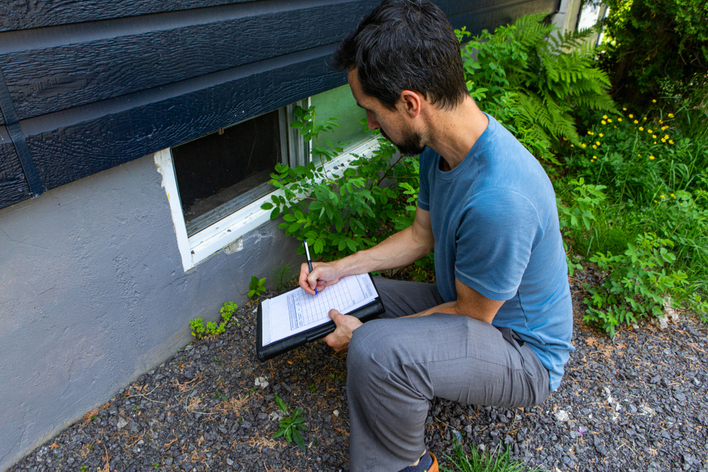
Check for cracks or leaks
Speaking of windows and doors, inspect your entire home for any gaps where water can enter during a storm. Seal or caulk these. You’ll enjoy some energy savings while preventing hurricane damage. Also, inspect your foundation for any cracks and patch any visible problems.
Prepare for long-term power outages
A good investment in case of long-term power outages is a good whole-home generator that can run on your home’s gas or liquid propane line and will operate automatically in a power outage. Although they can be costly, they pay for themselves in the money saved by keeping your refrigerator running, eliminating mildew from the loss of air conditioning, or saving the cost of moving to a hotel while your house is unlivable.
If you prefer to buy a smaller generator, think about what the most important things to power during a storm would be. These can include a refrigerator, a sump pump, and a well pump. Be sure to have enough gas stored safely to keep the generator running for a few days.
You may also want to look into a surge protection device for your entire electrical system.
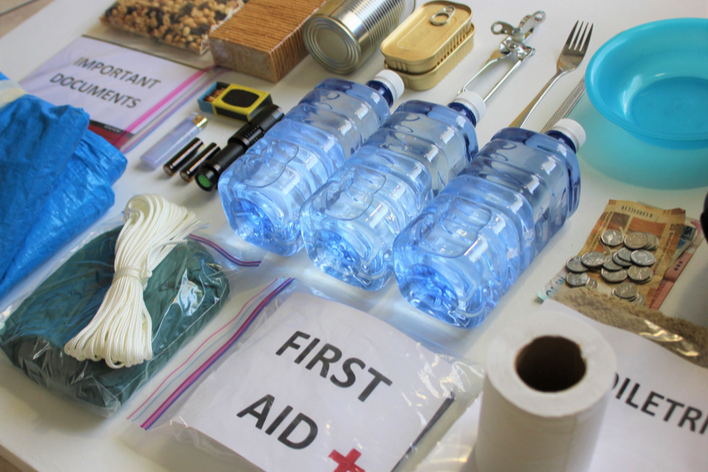
Have emergency supplies ready in a watertight container — 3-days’ worth of food, water, flashlights, batteries, etc.
It’s always good to have emergency supplies prepared. Especially in advance of hurricane season, you need to take stock of your emergency provisions. Make sure batteries are fresh and flashlights working. Have plenty of water on hand, basic first-aid supplies, pain killers, antibiotic ointment, and cortisone cream. Also, have prescription medications filled and any emergency needs such as allergy antidotes or EpiPens.
If you have canned food, make sure you have a can opener. It’s good to have a camp stove and fuel. Make sure your supplies are kept in a durable, watertight container that is portable in case of evacuation.
Check your homeowners insurance coverage
Talk to your insurance professional to be sure your home is covered for hurricane damage or flooding. Make sure you understand what valuables are covered from damage or loss.
Know where to locate and how to turn off electricity, gas, and water
Find all operation points, and let your family members know how to operate them in case of an emergency.
Trim all trees and shrubs in advance
Keeping your trees trimmed not only helps the tree withstand the hurricane but also helps protect your house and property from falling trees, limbs, and debris. Trees and shrubs close to your home can cause damage to your roof or siding as high winds set them in motion.
Have an evacuation plan, including care for pets
Together with your family, make a hurricane evacuation plan well in advance of an actual emergency.
Tips for Last-Minute Hurricane Prep
Be ready to leave before it’s too late
When it’s time to evacuate, go! You should be prepared with more than one escape route to your ultimate destination. Investigate shelters and call ahead to be sure they can accommodate your family and pets. Be sure to alert other family members and friends of your evacuation plan and route.
Fill your car’s gas tank before the hurricane approaches. Once people start fleeing, it can be hard to find gas without waiting in line. And have some cash with you in case credit or debit card machines are unavailable. If any important documents cannot be replaced digitally, take them with you.
Unplug electronics and appliances
Even if you have a surge protector, it’s best to unplug everything of importance before a storm.
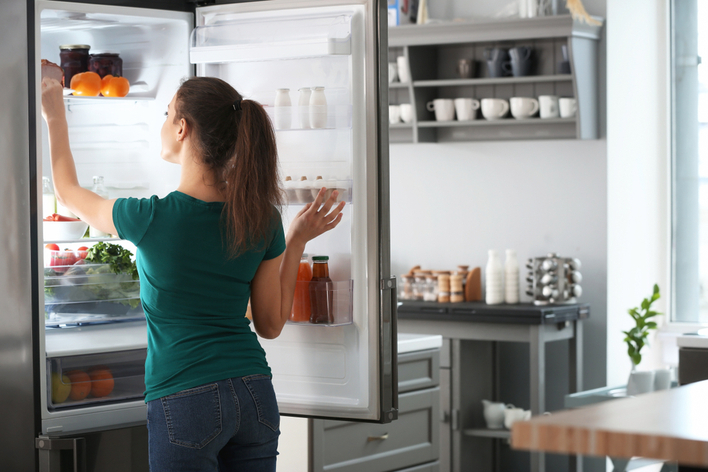
Lower the temps of your fridge and freezer
Keeping your refrigerated food extra cold helps keep your refrigerator and freezer cold longer once the power goes off. Fight the habit of opening the doors, make each instance as efficient and productive as possible. You may want to keep a cooler with extra ice on hand for things you often need.

Have batteries fully charged in advance
Assuming you can get phone service during power outages and emergency situations, you won’t want to risk your phone dying. Keep your phone fully charged in advance and have a few charging blocks fully charged as well. You can also charge your phone from your car if its battery is working.
Bring in or secure all outside furniture, toys, and décor
Your patio furniture, umbrellas, and décor turn into projectile missiles in a storm or hurricane. Bring them inside to a garage or basement if possible. Don’t forget to close your garage door! Secure them with bungee cords if not.
Check on your neighbors
Never assume that others are as aware and as prepared as you. Take time to call or visit neighbors to be sure they have what they need. It’s important to lead by example and inspire others to be prepared. We have all experienced false alarms with weather issues, and this can lead to a false sense of security. Then again, we have also been caught off guard. It’s so much better to “prepare for the worst and hope for the best.”
If you're looking for more help with your beach house, check here. Your friends at Window World will be happy to discuss the benefits of impact windows and doors or replacing leaky, drafty windows with energy-efficient models. Contact Window World today to set up a free consultation. Find a Window World store near you.


